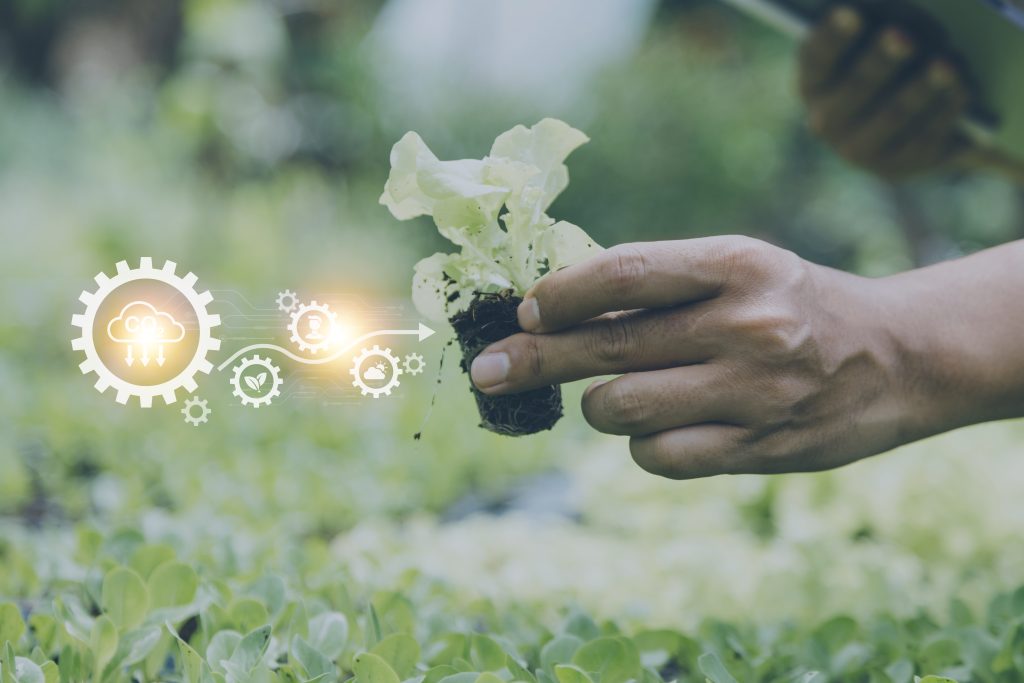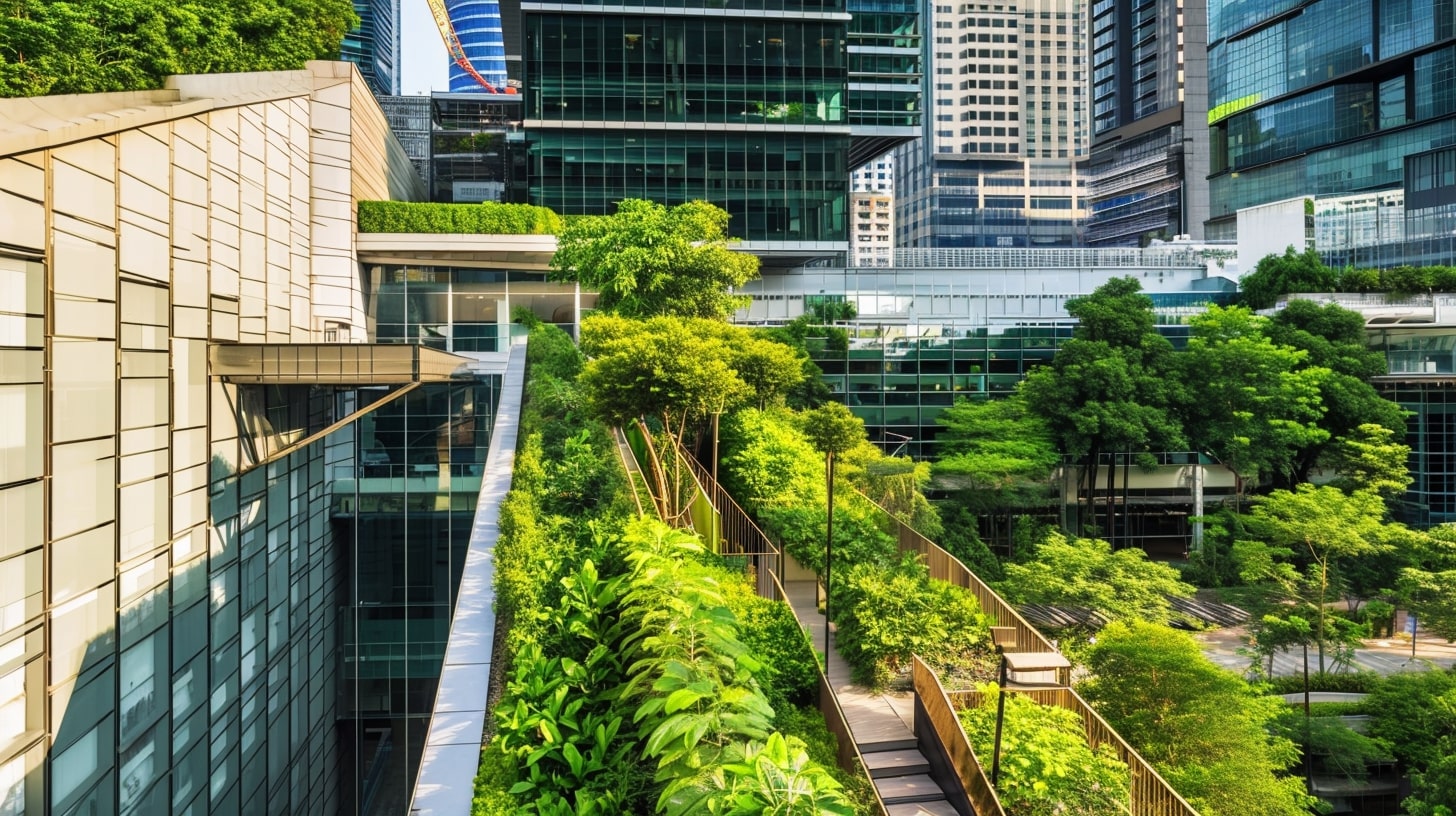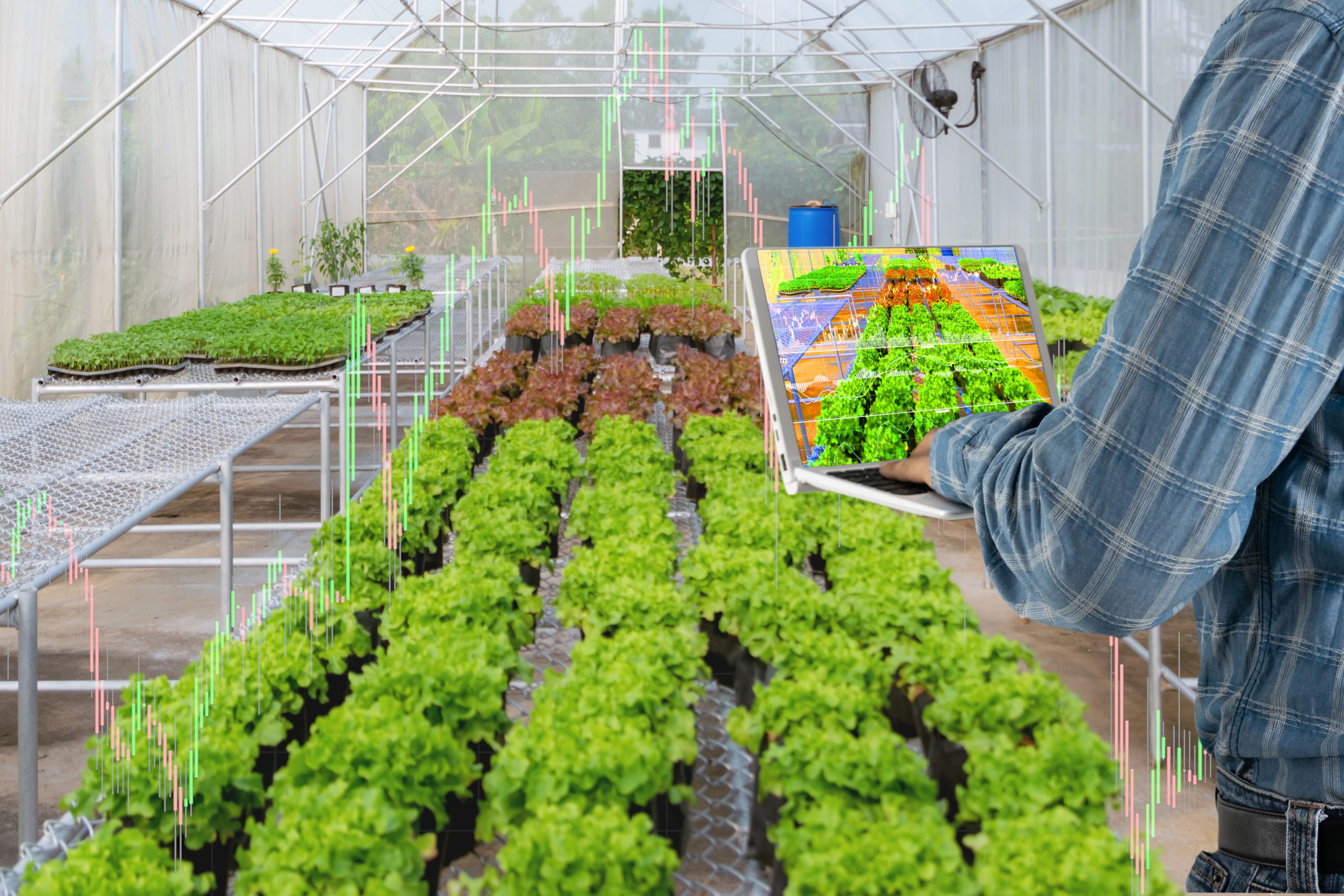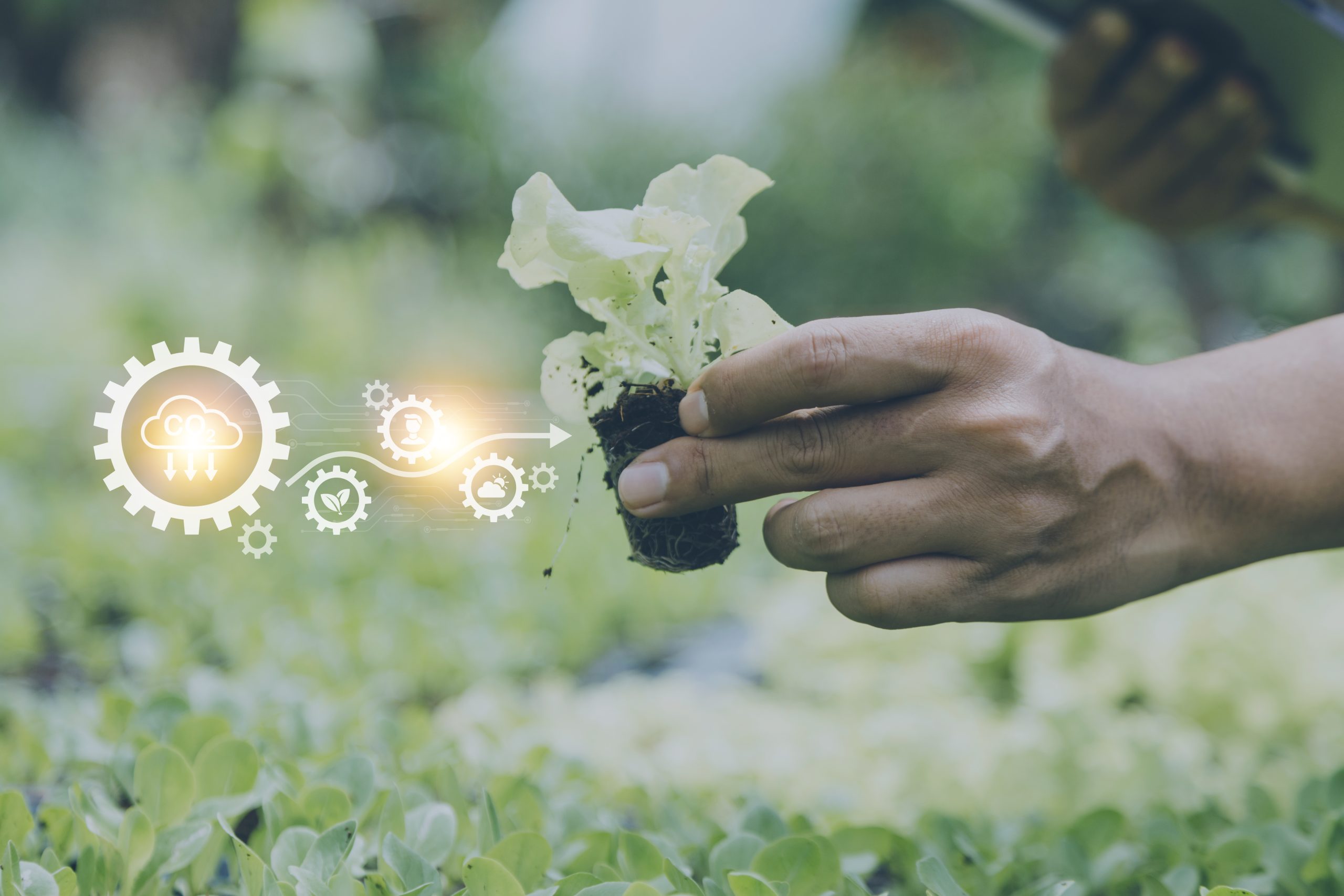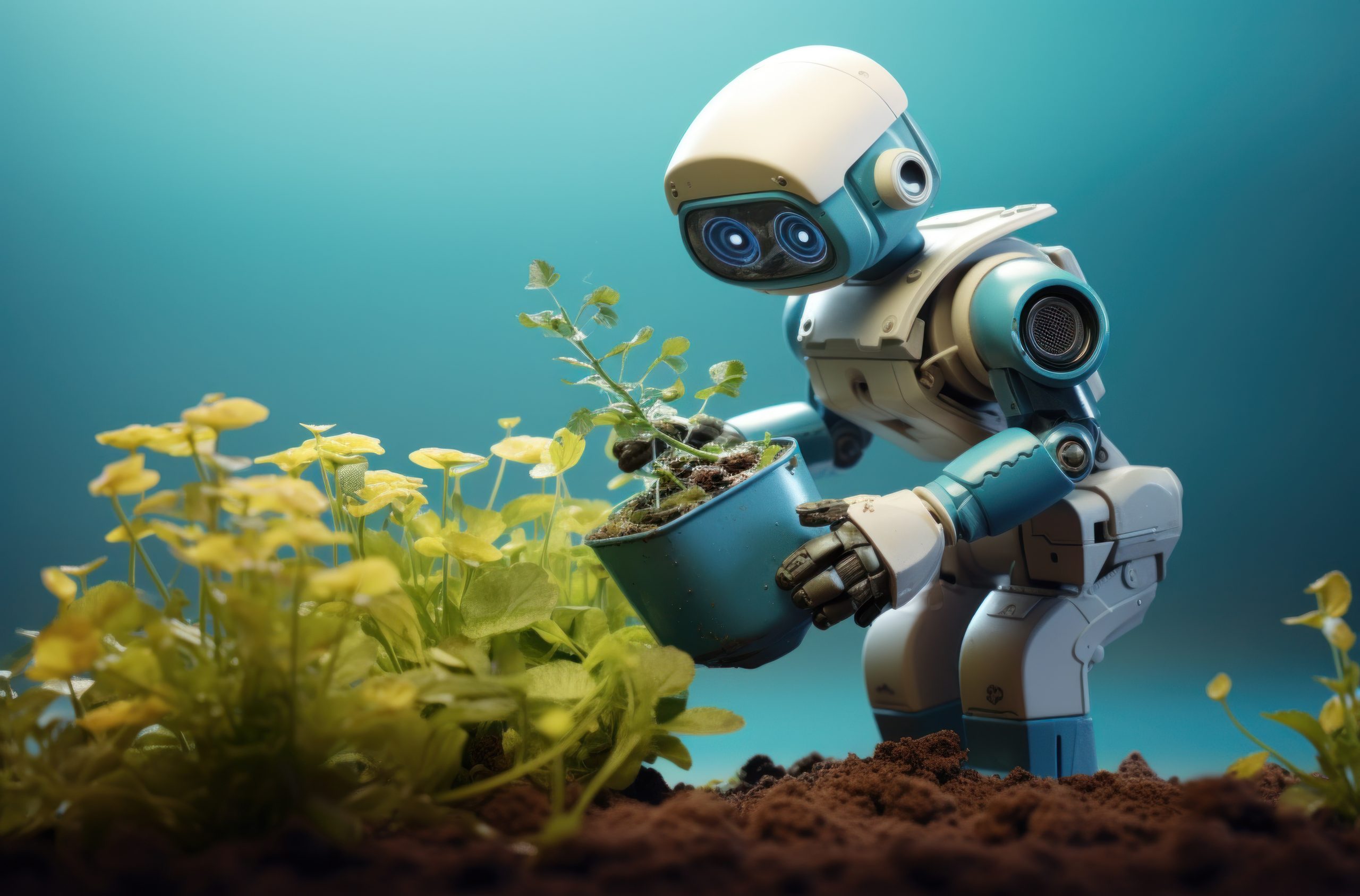In today’s world, sustainability is more important than ever. Gardeners are increasingly seeking eco-friendly practices to minimize their environmental impact. Smart technology offers innovative solutions to promote sustainable gardening, making it easier to conserve resources, reduce waste, and support biodiversity. This blog post will explore various eco-friendly smart garden solutions, highlighting how technology and sustainability can go hand in hand.
Sustainable Smart Gardening Practices
Sustainable gardening involves practices that protect the environment, conserve resources, and support local ecosystems. Smart technology enhances these practices by providing precise control and monitoring, leading to more efficient and effective gardening.
Water Conservation through Smart Irrigation
Water is a precious resource, and traditional irrigation methods often lead to significant waste. Smart irrigation systems offer a sustainable alternative by optimizing water usage.
Impact of Traditional Irrigation on Water Waste
Traditional irrigation methods, such as manual watering or fixed-timer systems, often result in overwatering or underwatering, leading to water waste and unhealthy plants.
How Smart Irrigation Systems Conserve Water
Smart irrigation systems use soil moisture sensors and weather data to deliver the right amount of water at the right time. These systems can adjust watering schedules based on real-time conditions, ensuring plants receive adequate hydration without wasting water.
Examples of Water-Efficient Smart Irrigation Systems
- Rachio 3: This smart sprinkler controller uses weather intelligence to skip unnecessary watering and adapt schedules to real-time weather conditions.
- Eve Aqua: A smart water controller that automates irrigation based on weather forecasts and soil moisture levels.
Reducing Chemical Use with Smart Soil Sensors
Traditional gardening often relies on chemical fertilizers and pesticides to maintain plant health, which can harm the environment. Smart soil sensors help reduce the need for these chemicals by providing precise information about soil conditions.
Traditional Gardening Reliance on Chemicals
Chemical fertilizers and pesticides can lead to soil degradation, water pollution, and harm to beneficial insects and wildlife.
How Smart Soil Sensors Help Minimize Chemical Use
Smart soil sensors monitor soil moisture, pH, and nutrient levels, allowing gardeners to address specific deficiencies without over-relying on chemicals. This precise approach promotes healthier plants and soil.
Case Studies of Gardens Using Sensors to Optimize Soil Health Naturally
- Urban Vegetable Garden: An urban gardener used smart soil sensors to monitor nutrient levels, adjusting fertilization practices to maintain a healthy, organic vegetable garden.
- Community Flower Garden: A community garden project incorporated smart soil sensors, reducing the use of chemical fertilizers and improving soil health naturally.
Energy-Efficient Smart Lighting
Garden lighting enhances beauty and functionality, but traditional lighting can be energy-intensive. Smart lighting systems offer energy-efficient solutions that reduce electricity consumption.
Environmental Impact of Traditional Garden Lighting
Traditional incandescent and halogen lights consume a lot of energy and generate significant heat, contributing to higher electricity bills and environmental impact.
Advantages of LED and Solar-Powered Smart Lights
Smart lighting systems often use LED bulbs, which are more energy-efficient and last longer than traditional bulbs. Solar-powered options harness sunlight, providing a sustainable lighting solution.
Review of Energy-Efficient Smart Garden Lighting Solutions
- Philips Hue Outdoor: This smart lighting system offers customizable, energy-efficient LED lights that can be controlled remotely.
- LIFX Solar Garden Lights: Solar-powered lights that provide bright, adjustable lighting with minimal energy consumption.
Composting and Waste Management with Smart Solutions
Composting and effective waste management are key components of sustainable gardening. Smart technology can streamline these processes, making them more efficient and user-friendly.
Importance of Composting in Sustainable Gardening
Composting recycles organic waste into nutrient-rich soil, reducing the need for chemical fertilizers and minimizing waste sent to landfills.
Smart Composting Systems
Smart composting systems, such as automated compost bins, monitor compost conditions and accelerate the decomposition process, making composting easier and more efficient.
How Technology Aids in Efficient Waste Management
Smart waste management solutions include sensors and apps that track waste levels and provide alerts when it’s time to compost or dispose of waste, promoting more efficient and eco-friendly practices.
Supporting Biodiversity with Smart Gardens
Biodiversity is essential for a healthy ecosystem. Smart gardens can be designed to support local wildlife, promoting a diverse and balanced environment.
Importance of Biodiversity in Gardens
Biodiversity supports pollination, pest control, and overall ecosystem health. Gardens that support a variety of plants and wildlife contribute to a more sustainable environment.
How Smart Technology Can Create a Habitat-Friendly Environment
Smart gardens can include features like bird feeders, insect hotels, and native plants that attract beneficial wildlife. Technology can help monitor and maintain these features.
Examples of Smart Garden Designs that Support Local Wildlife
- Pollinator-Friendly Garden: Using smart irrigation and lighting to create a garden that attracts bees, butterflies, and other pollinators.
- Wildlife Habitat Garden: Incorporating smart feeders and nesting boxes to support local birds and small mammals.
Community and Urban Smart Gardens
Community and urban gardens play a crucial role in promoting sustainability. Smart technology can enhance these gardens, making them more productive and engaging.
Role of Community Gardens in Sustainability
Community gardens provide fresh produce, green space, and educational opportunities, fostering a sense of community and environmental stewardship.
Examples of Smart Technology in Urban Gardening Projects
- Smart Hydroponic Systems: Urban gardens using hydroponic systems controlled by smart sensors to grow food efficiently in small spaces.
- Smart Monitoring in Community Gardens: Sensors and apps that track plant health and growth, improving garden management and productivity.
Benefits of Community and Urban Smart Gardens
- Community Engagement: Smart gardens attract volunteers and participants by making gardening easier and more accessible.
- Food Security: Efficient, technology-driven gardening practices increase food production, contributing to local food security.
- Urban Greening: Smart gardens enhance urban environments, providing green spaces that improve air quality and reduce urban heat islands.
Conclusion
Smart technology offers numerous benefits for sustainable gardening, from conserving water to reducing chemical use and supporting biodiversity. By integrating smart solutions, gardeners can create more efficient, eco-friendly gardens that thrive. As technology continues to advance, the potential for sustainable smart gardening will only grow, making it an exciting time for gardeners committed to protecting the environment.

